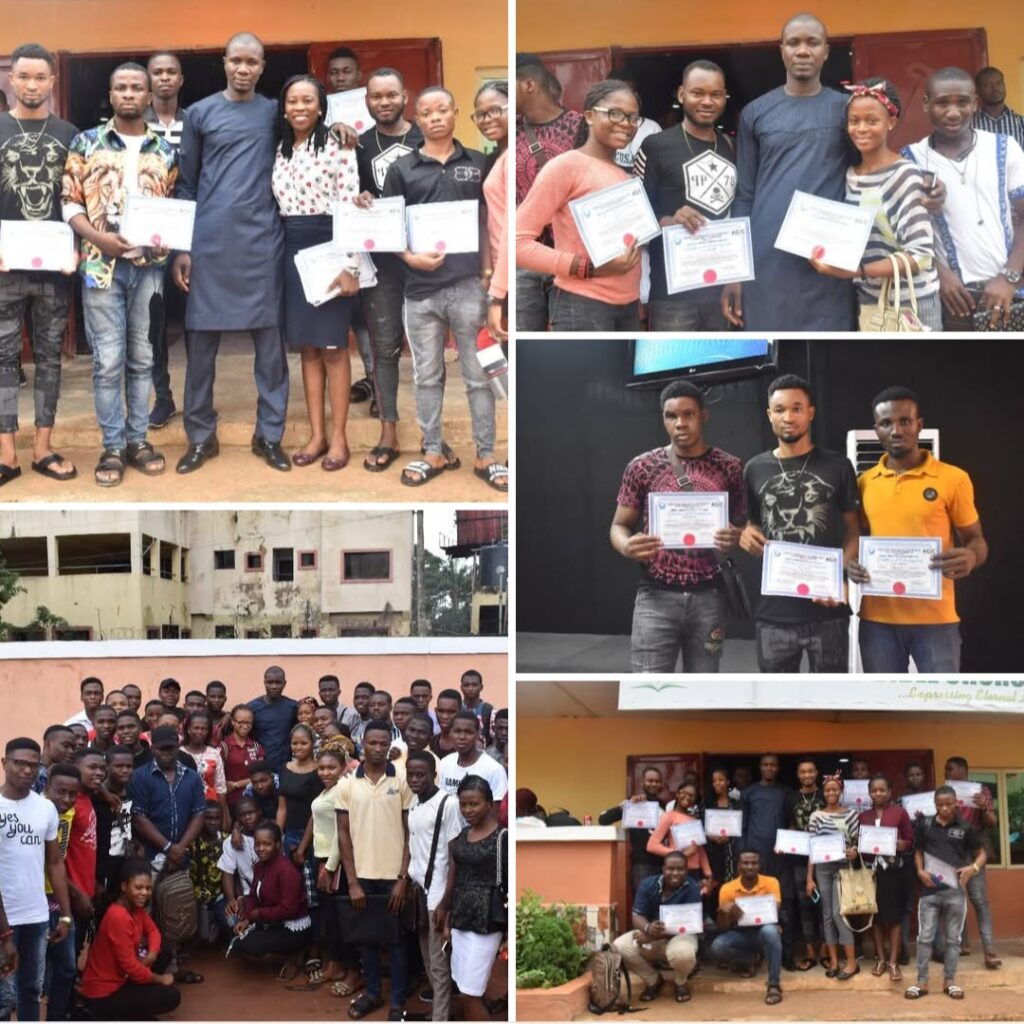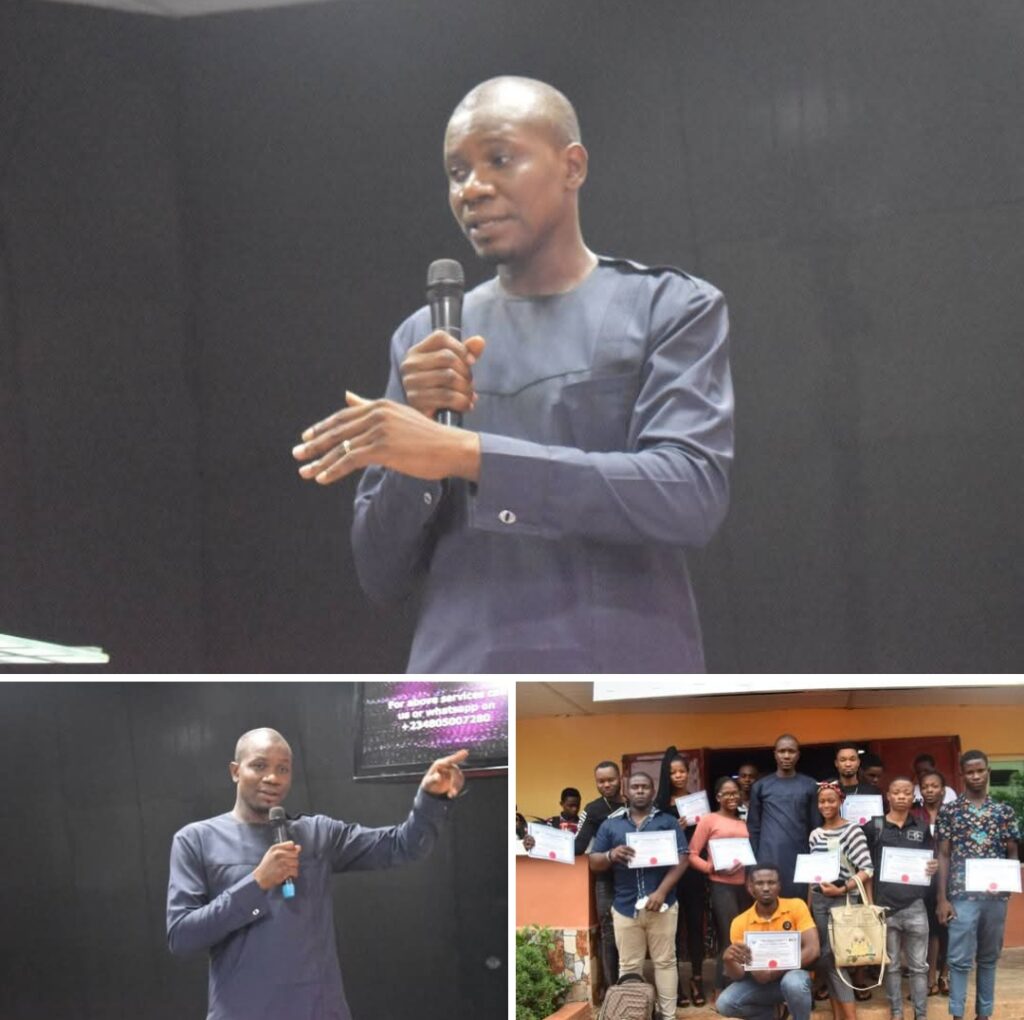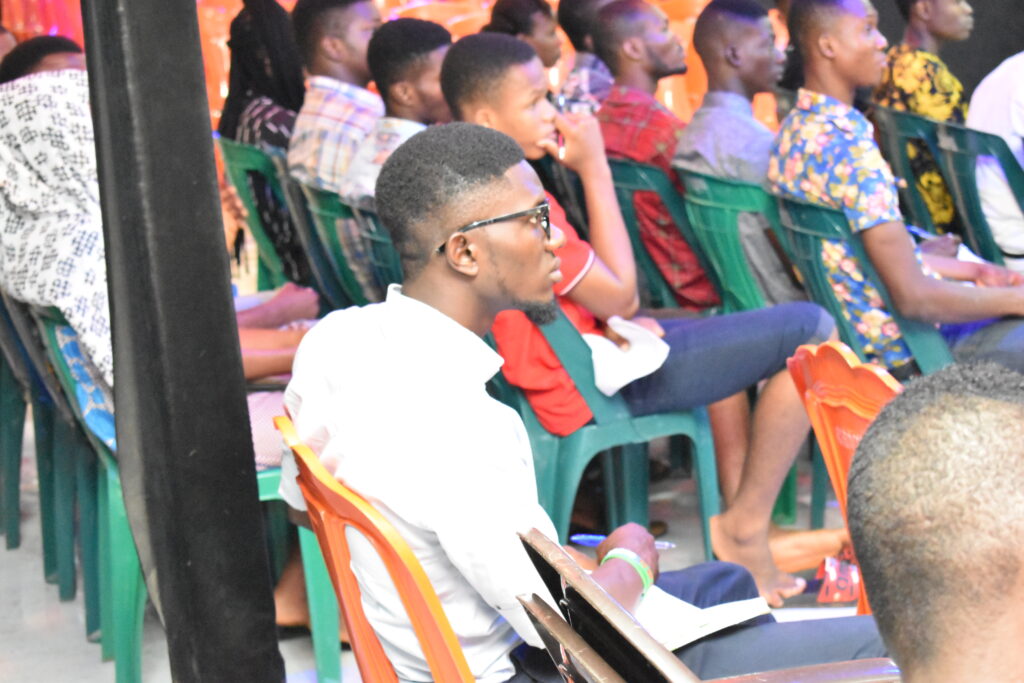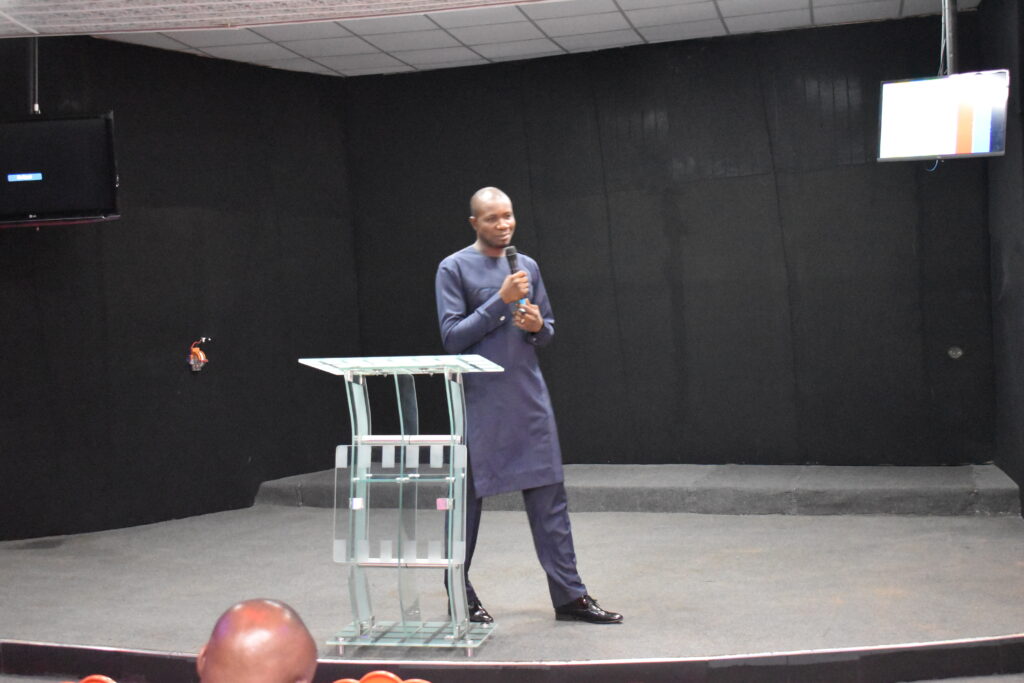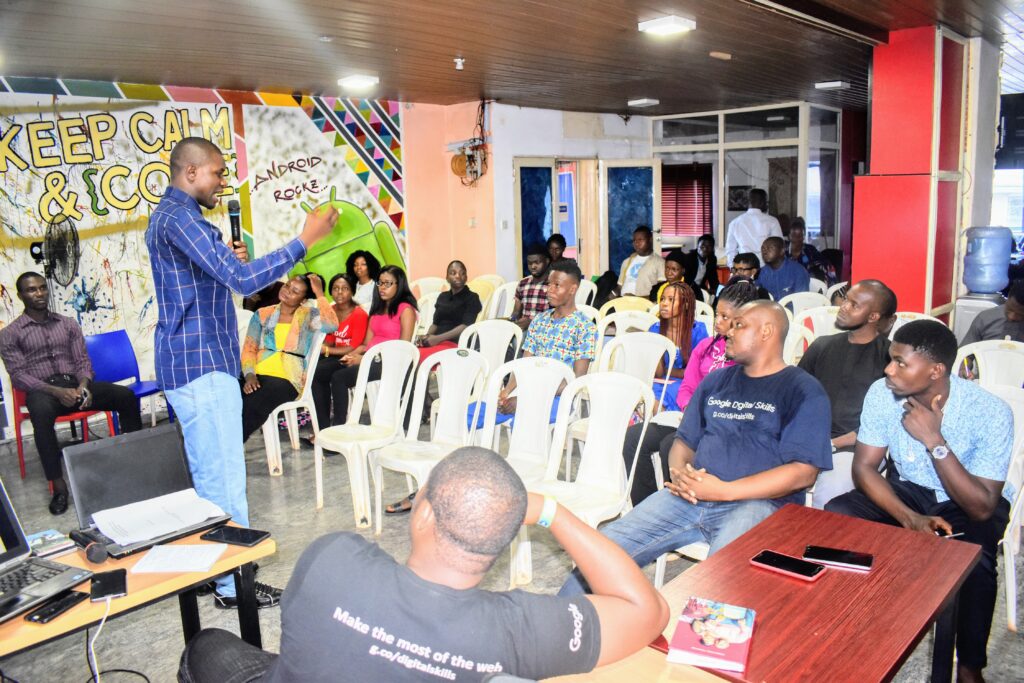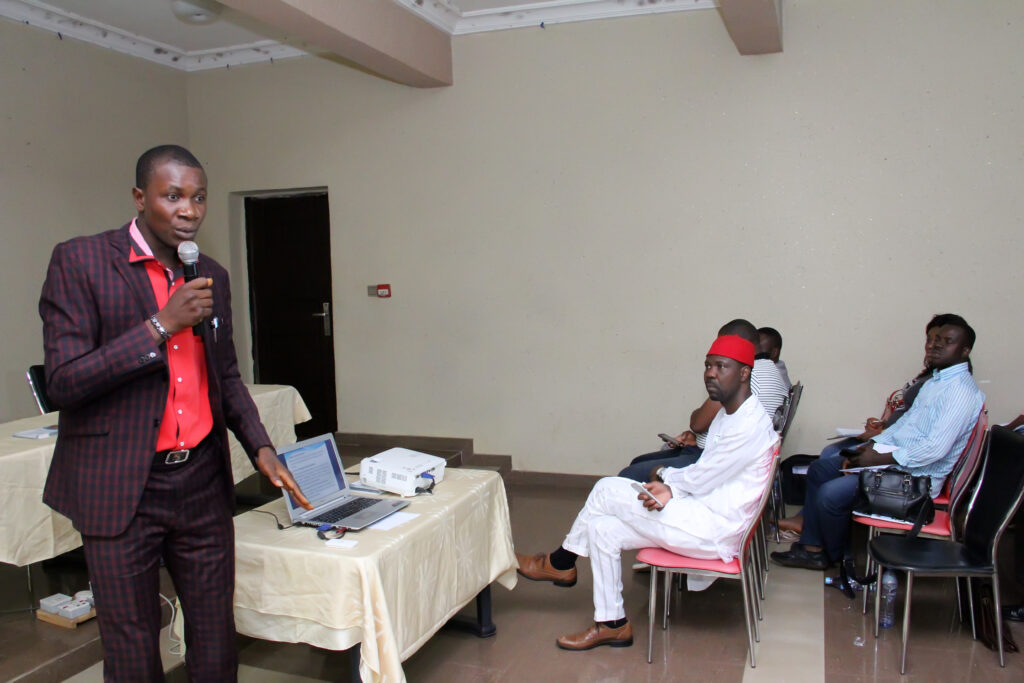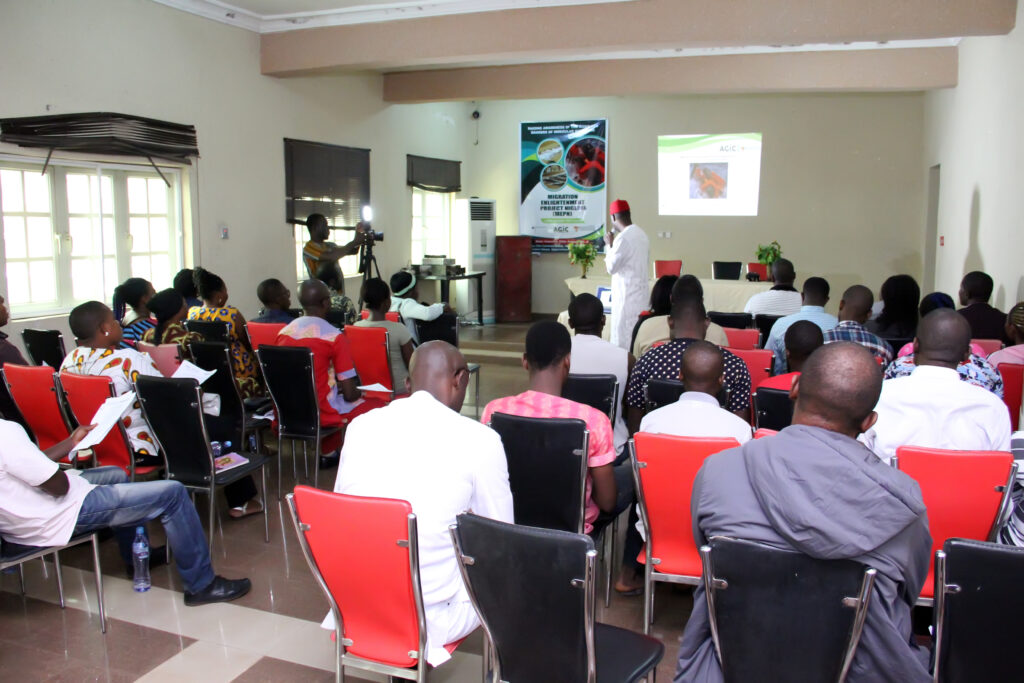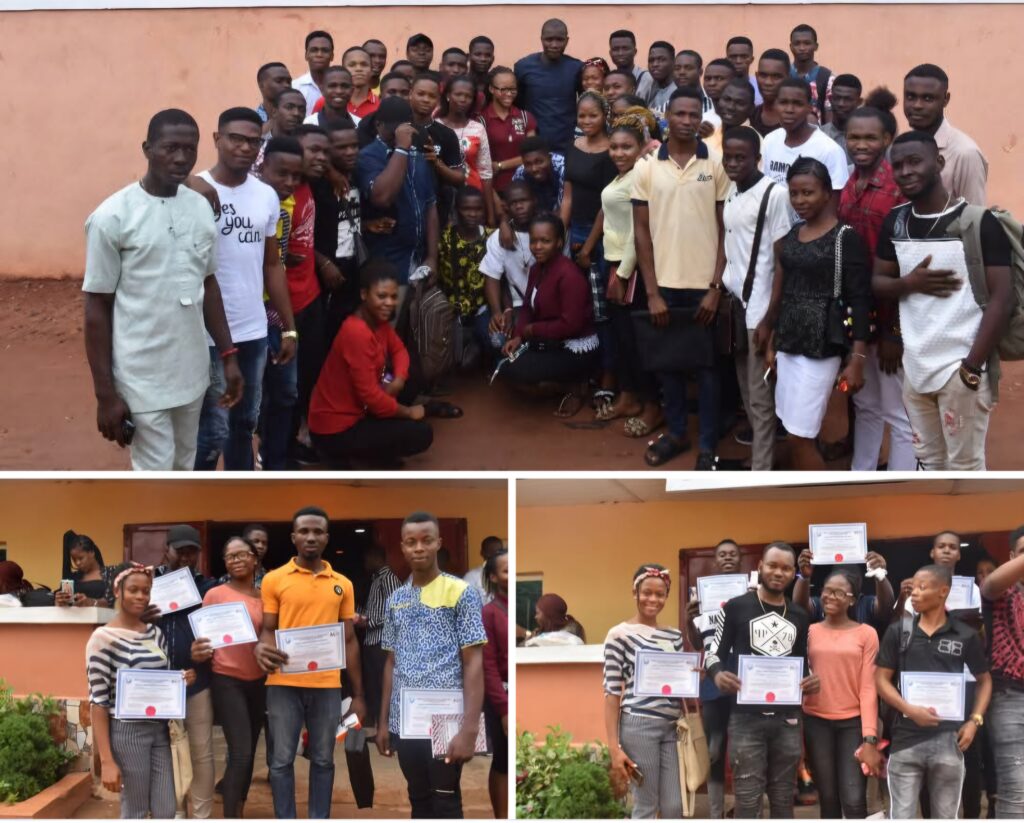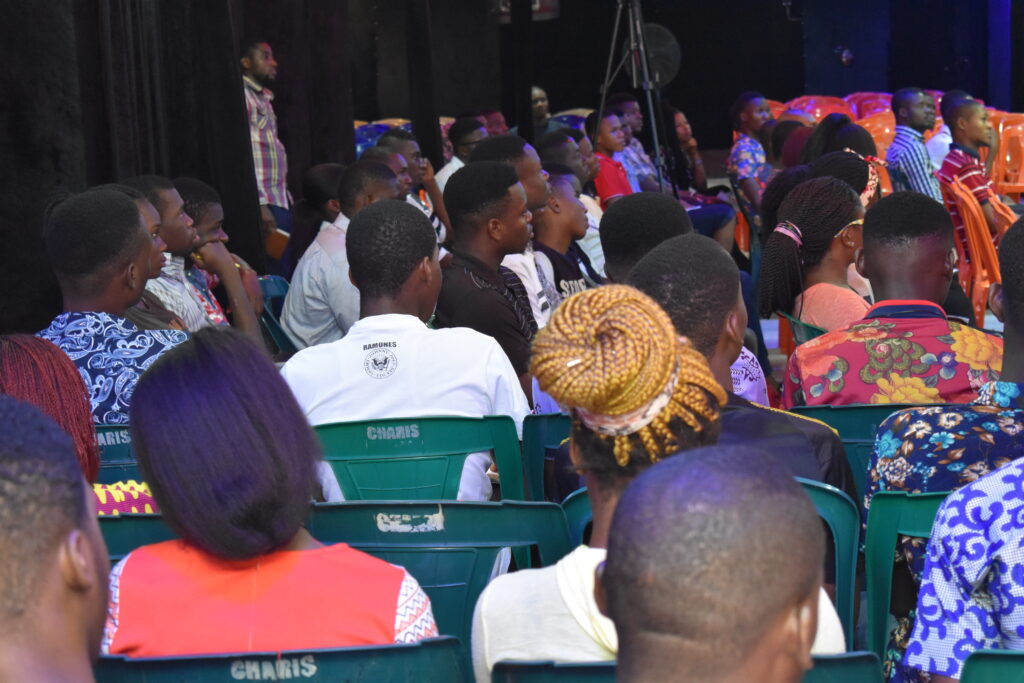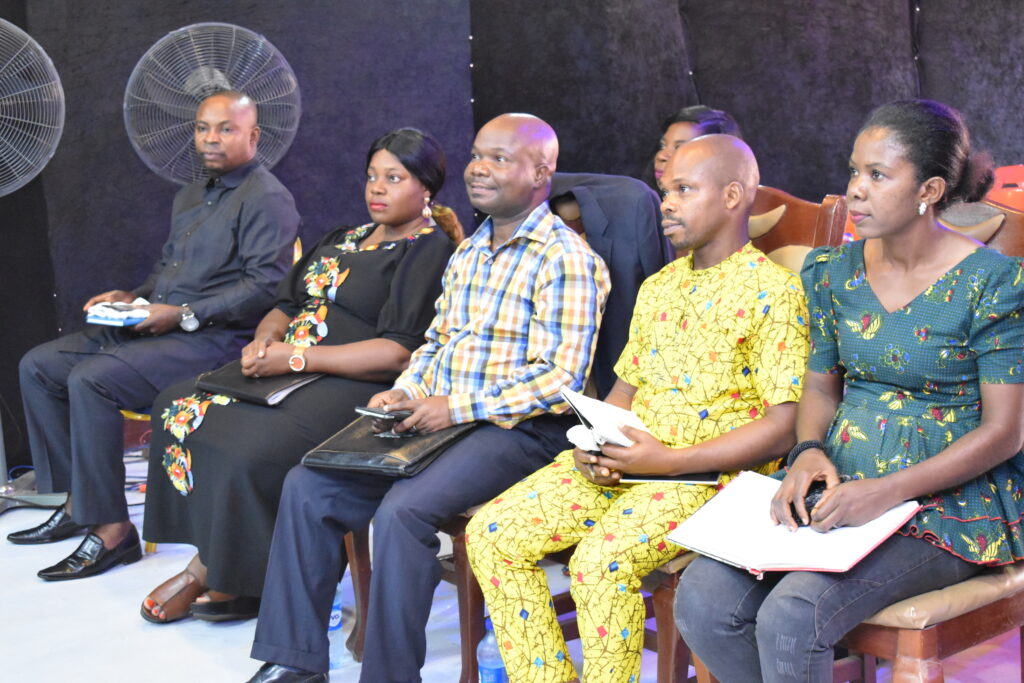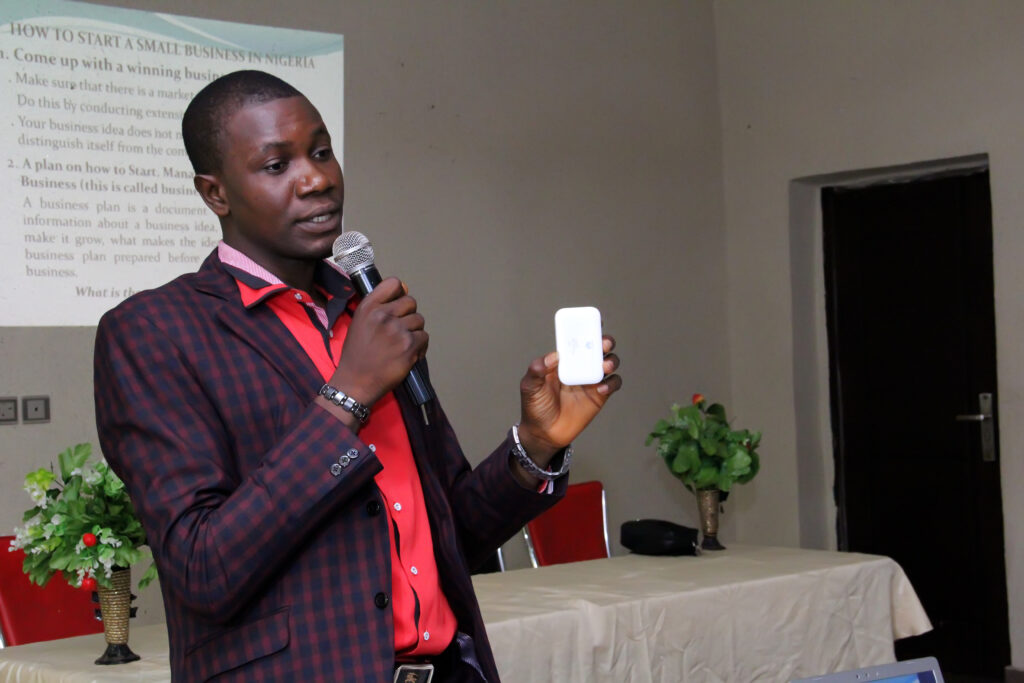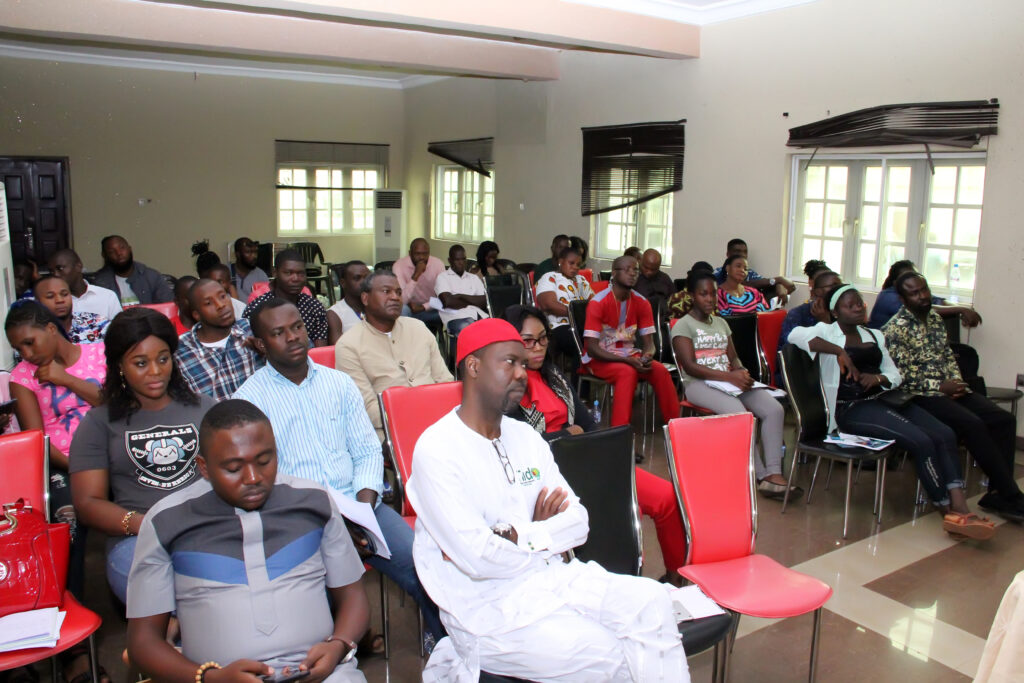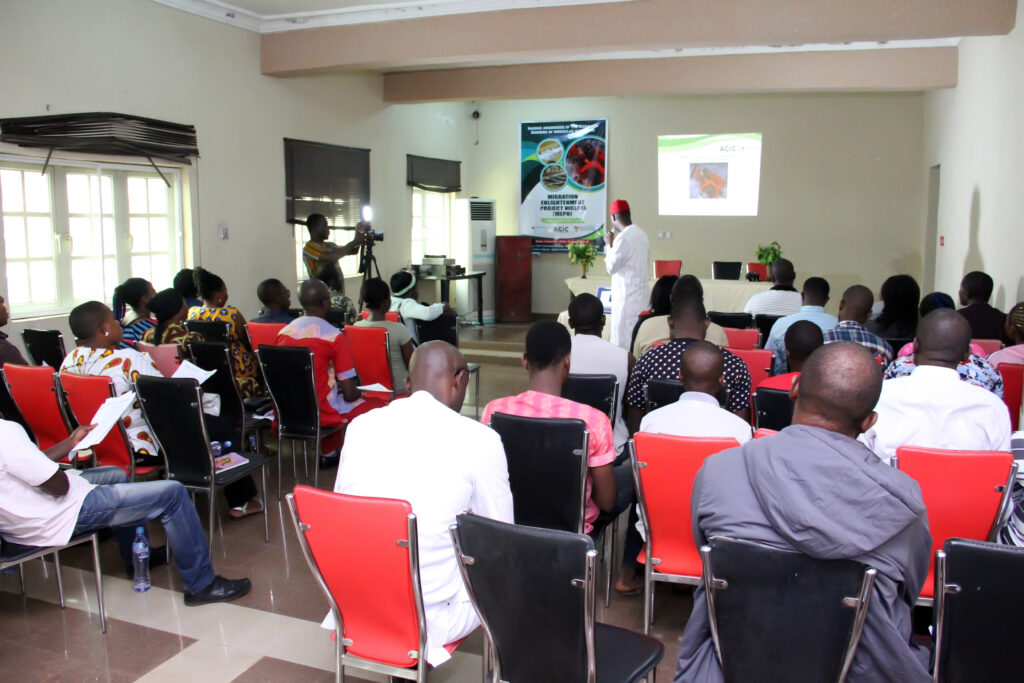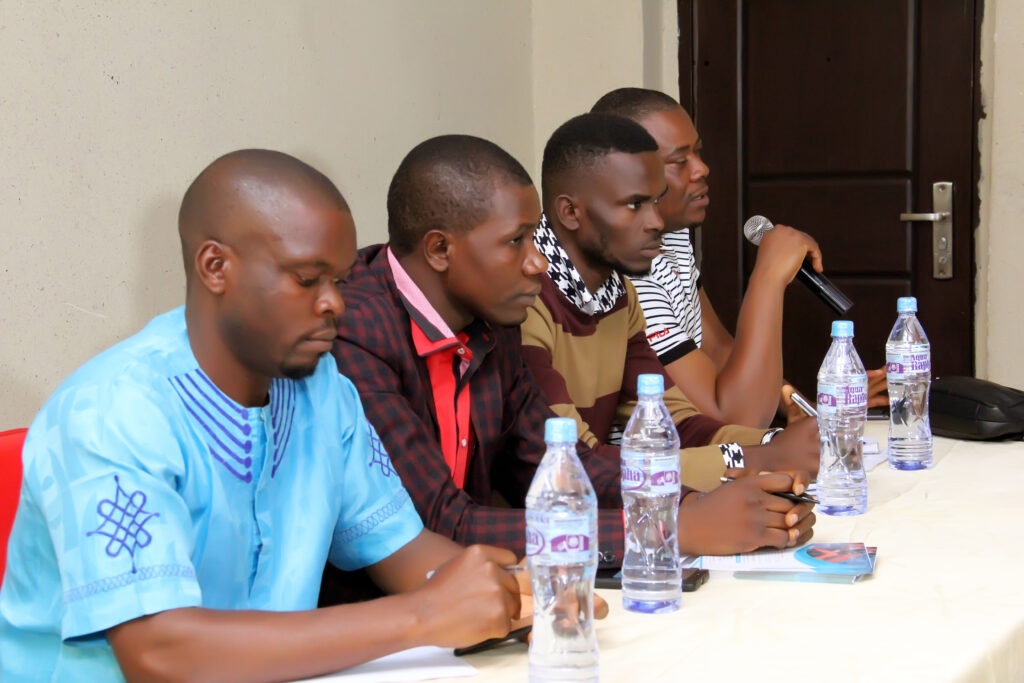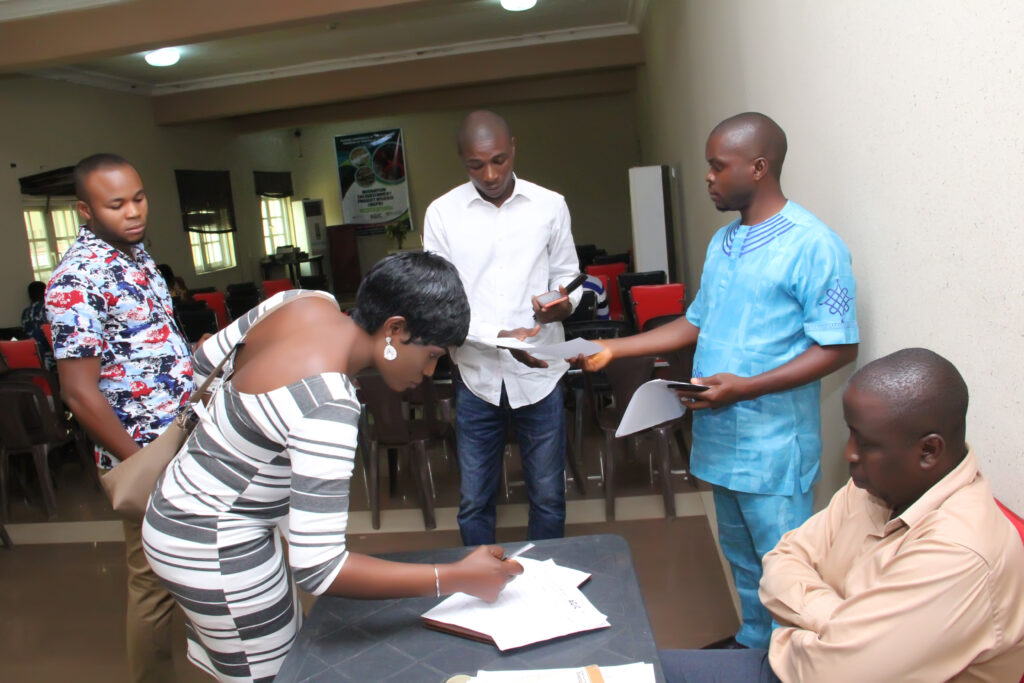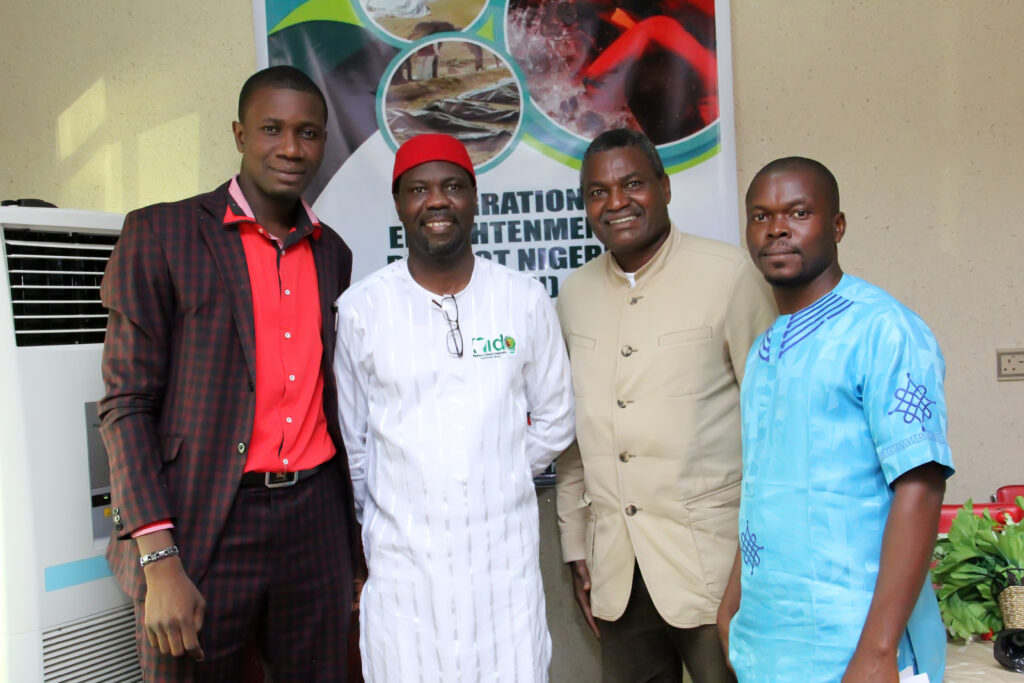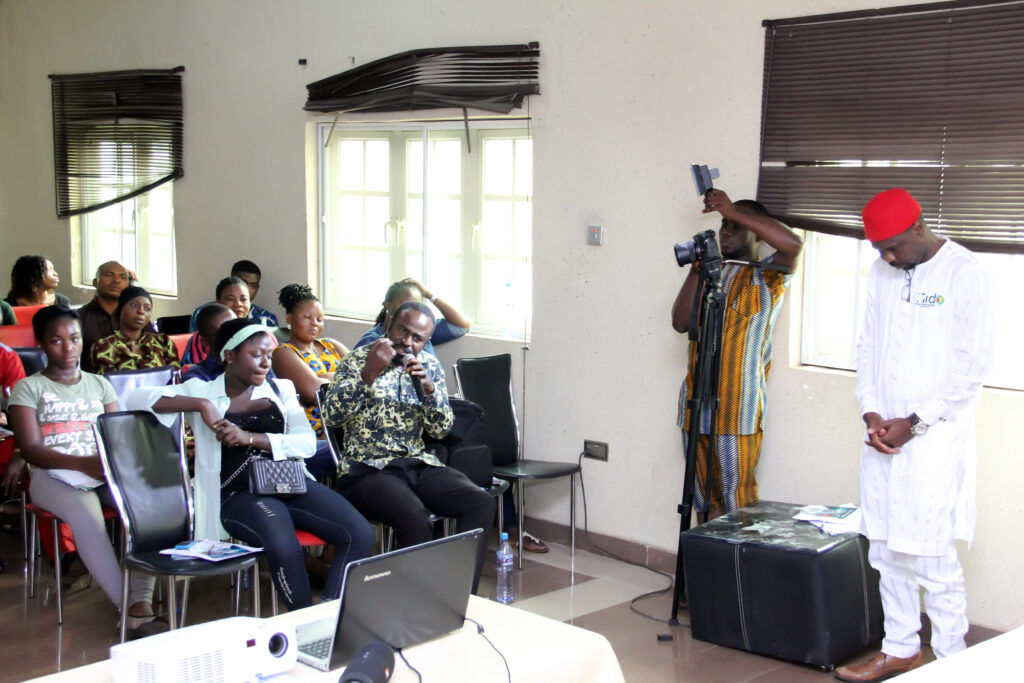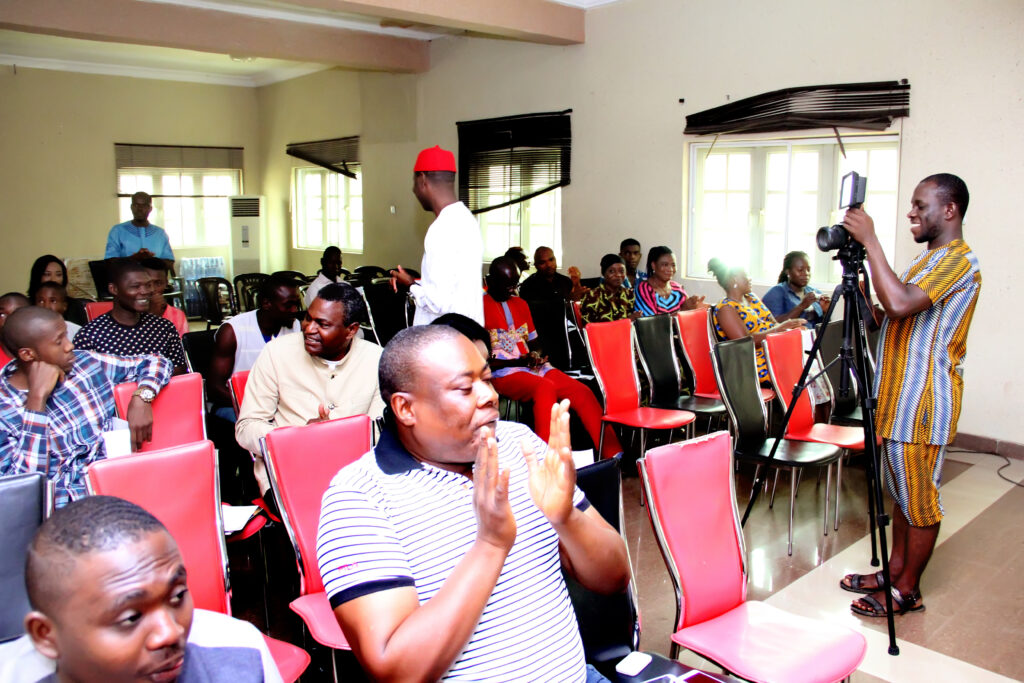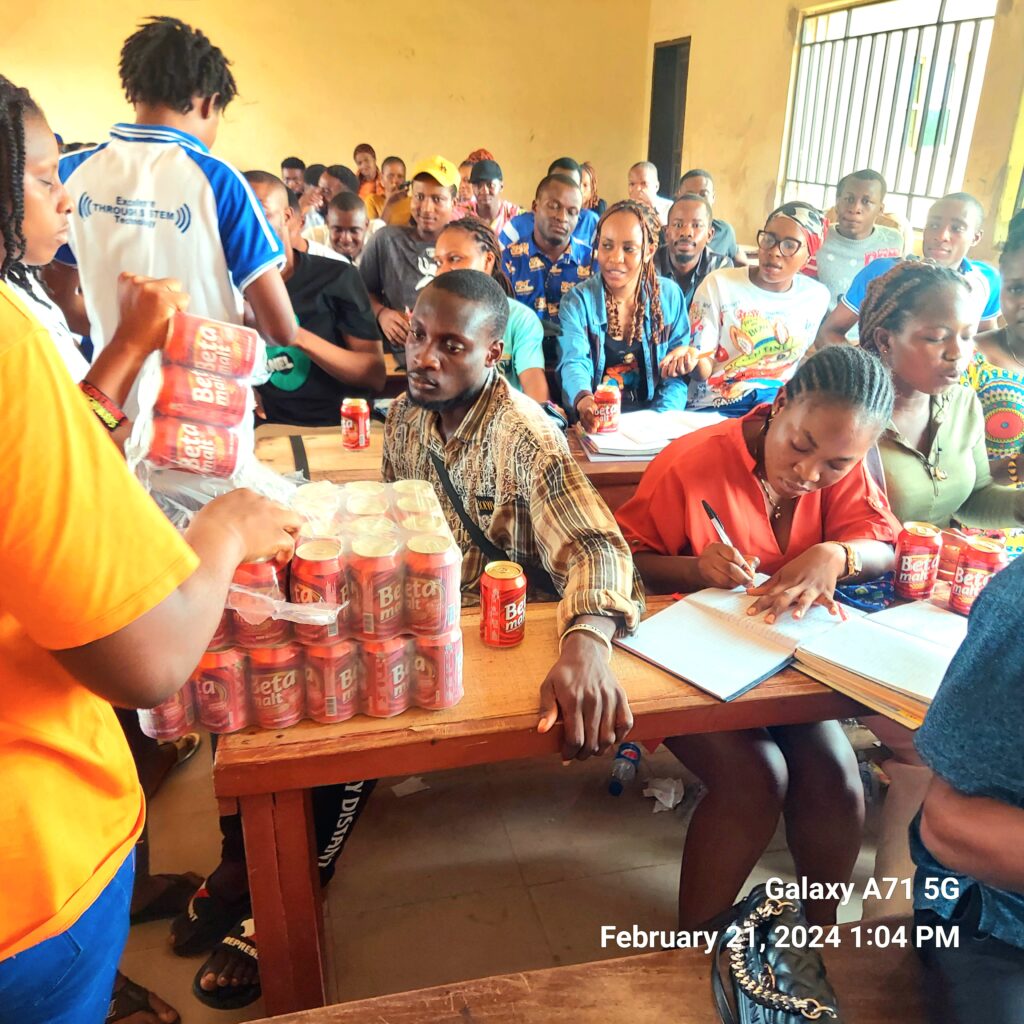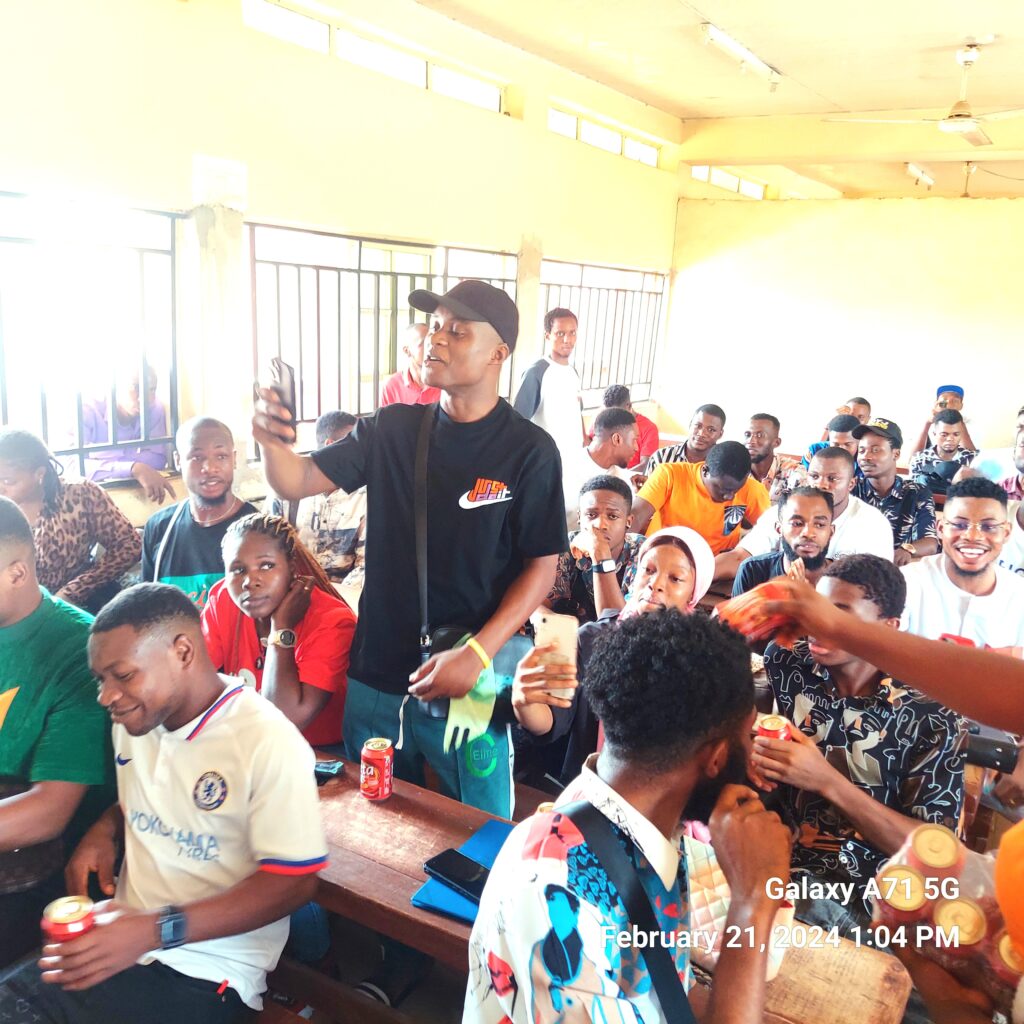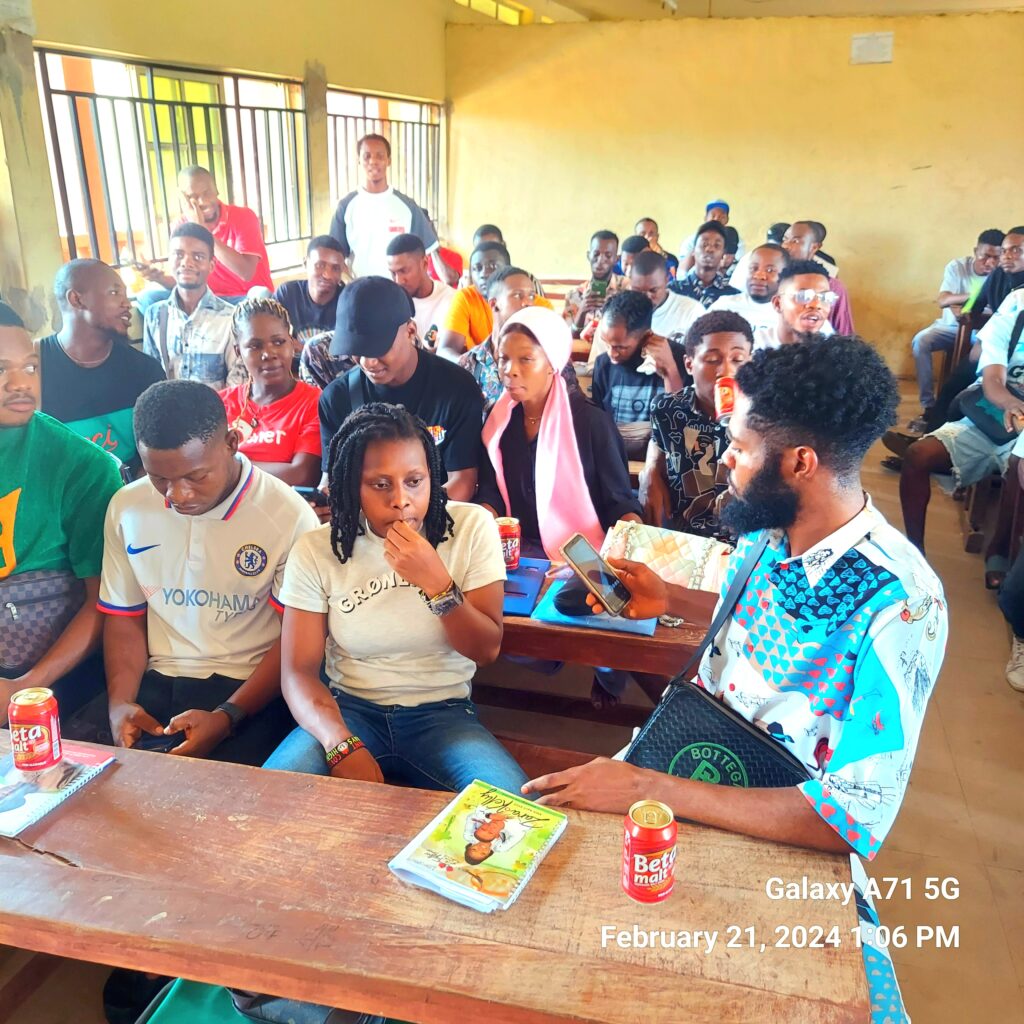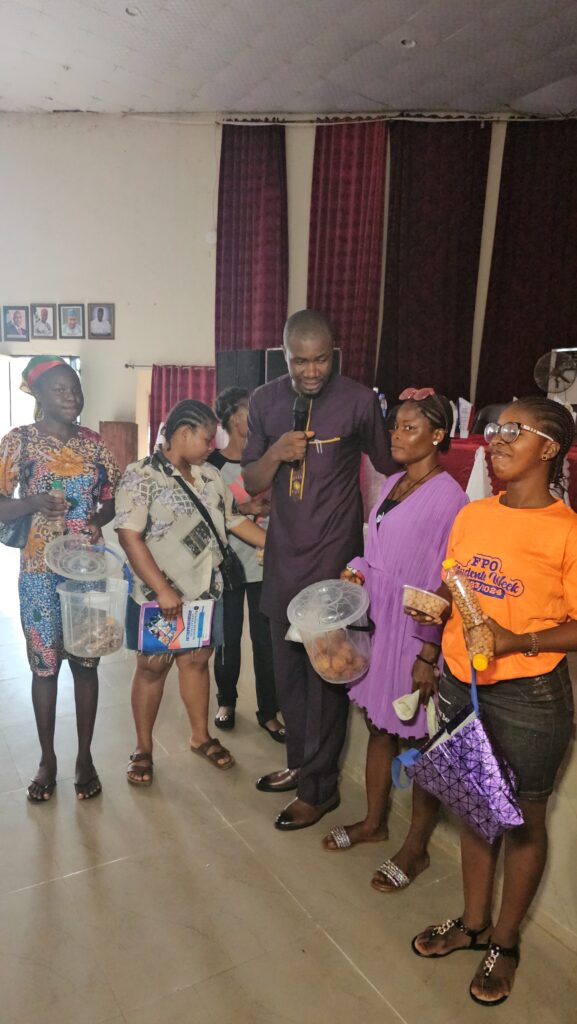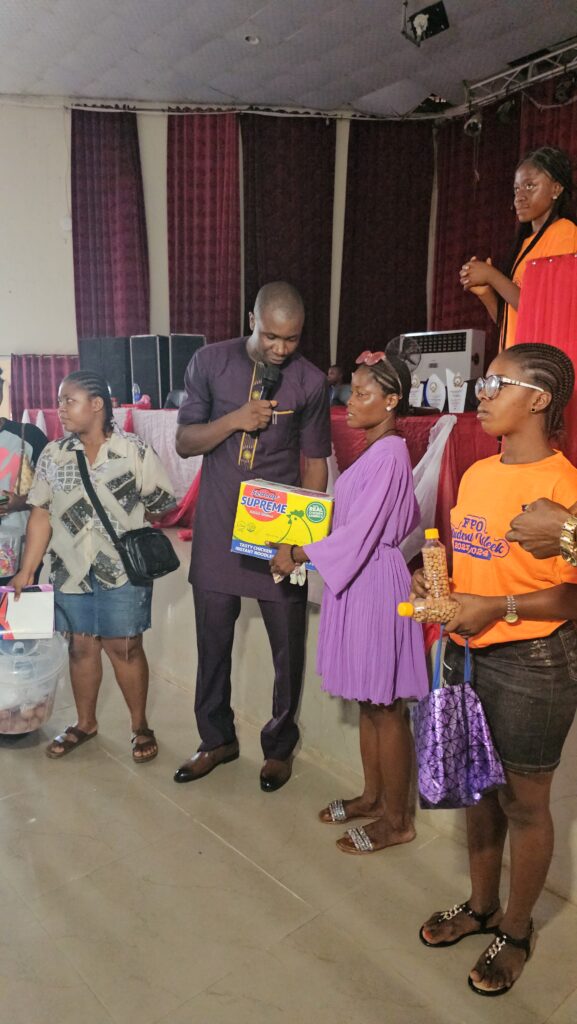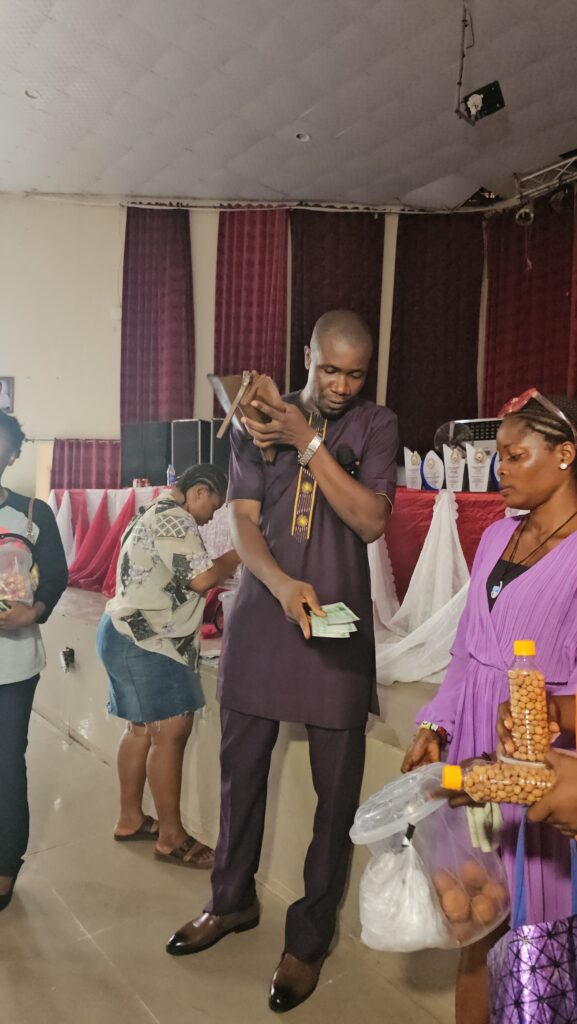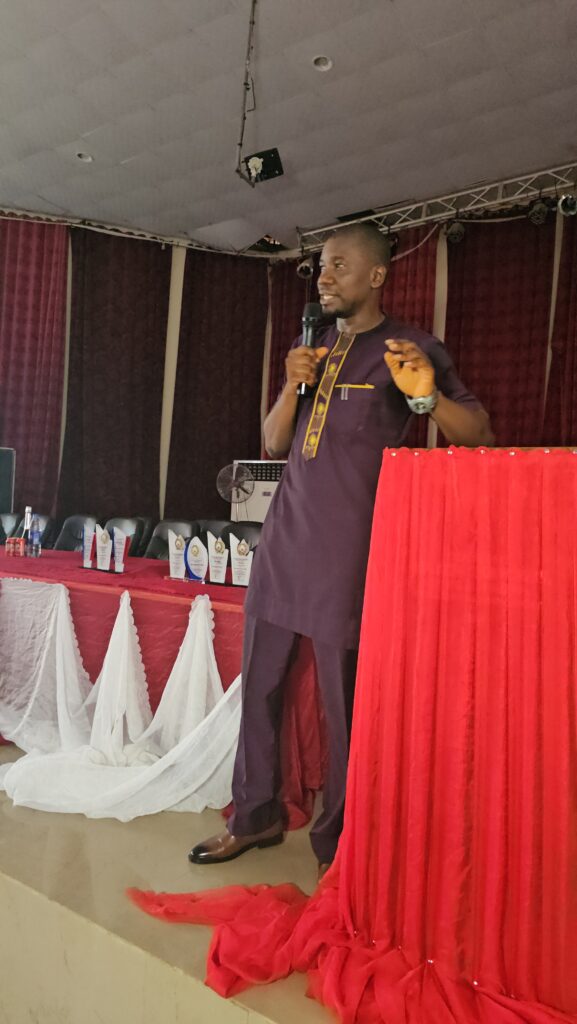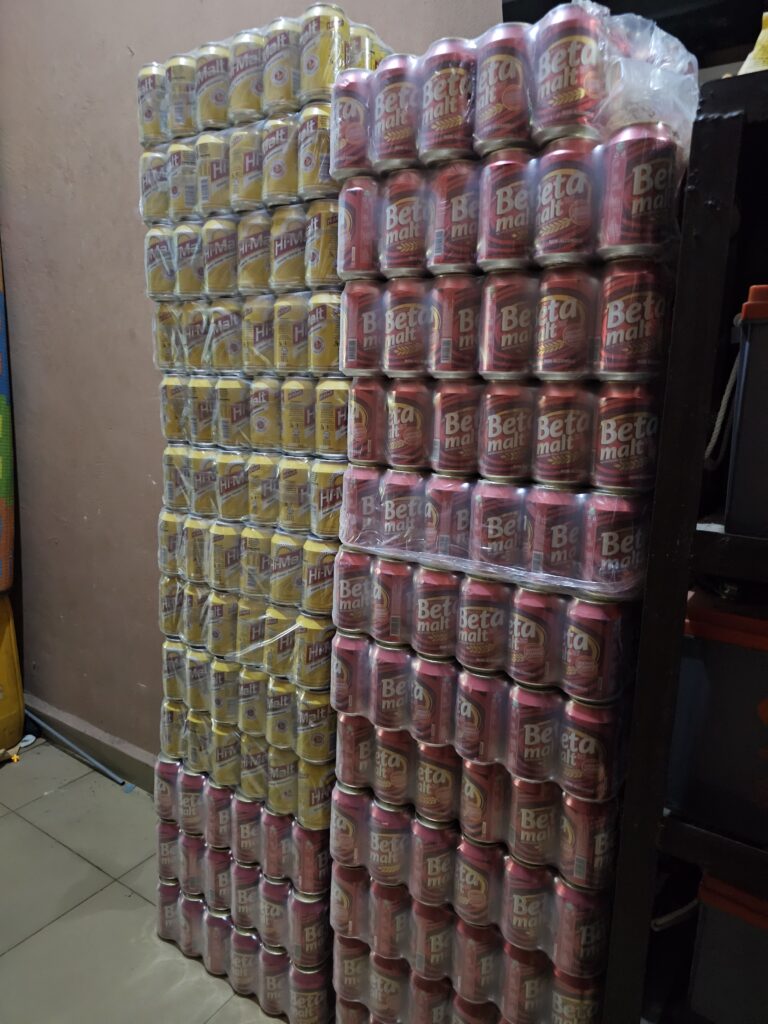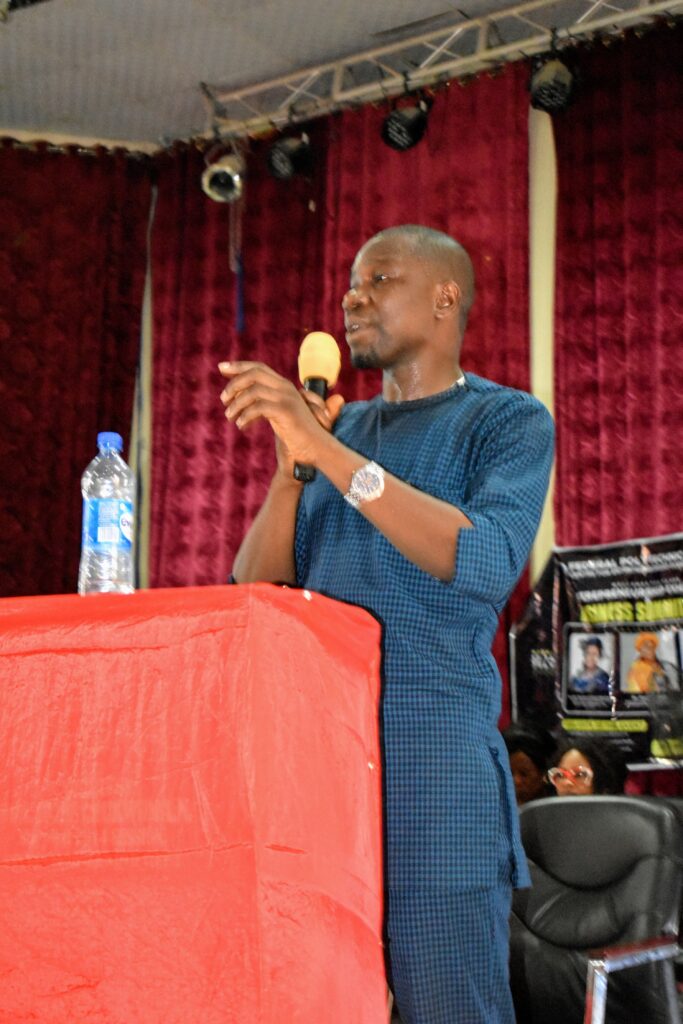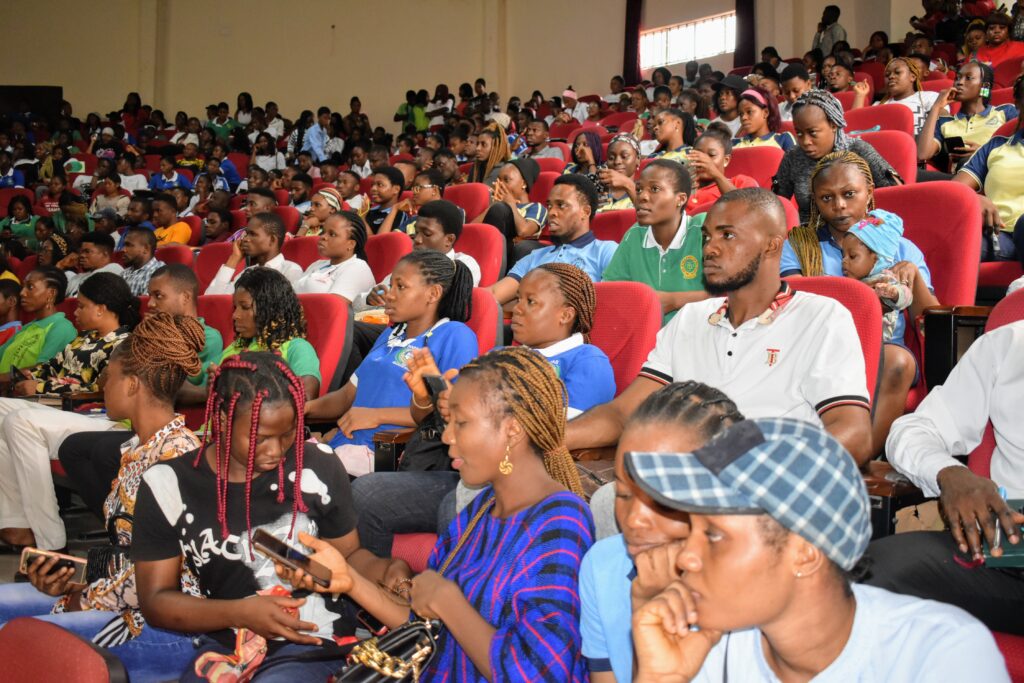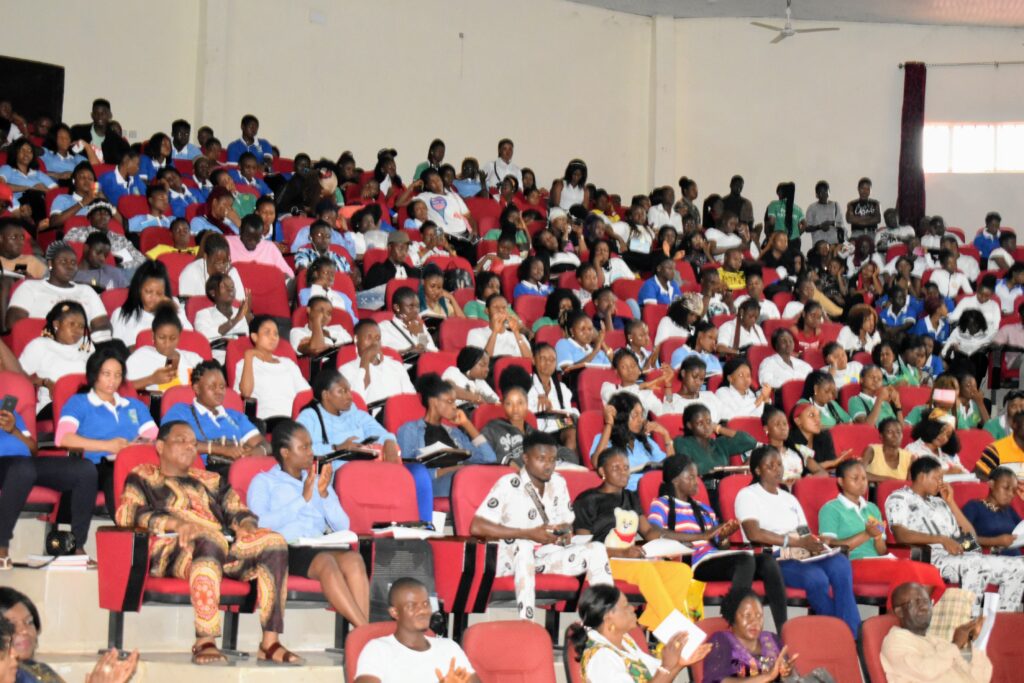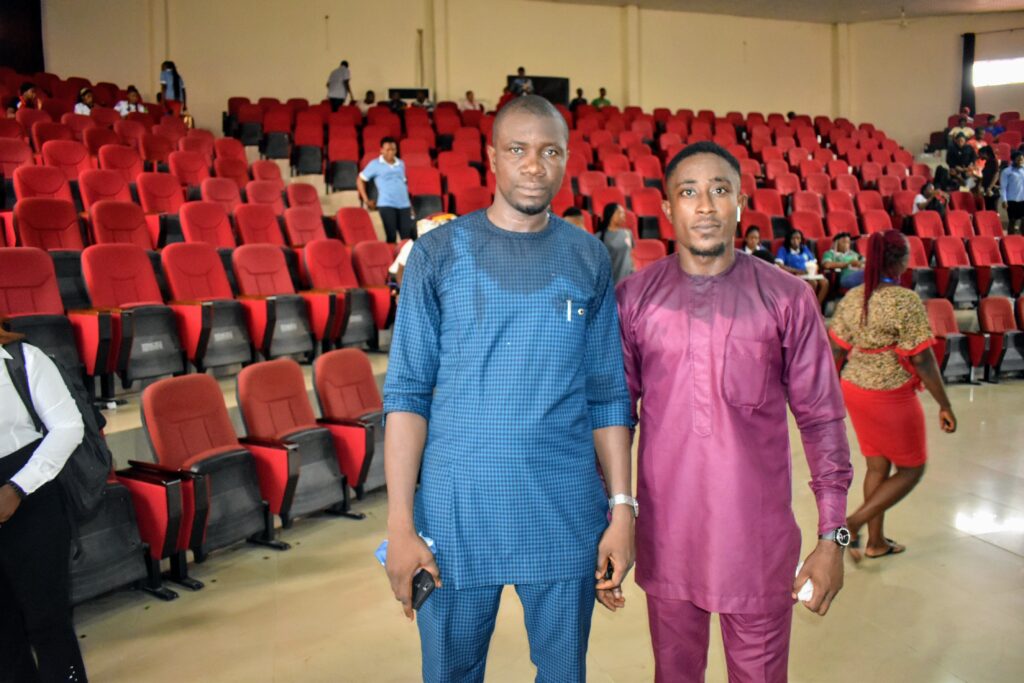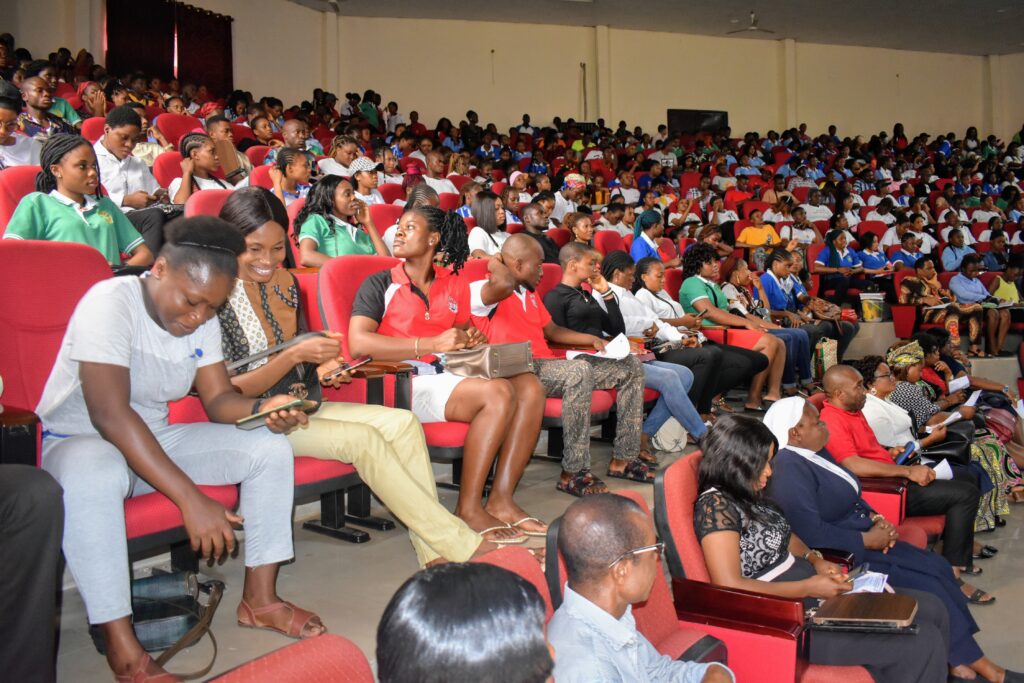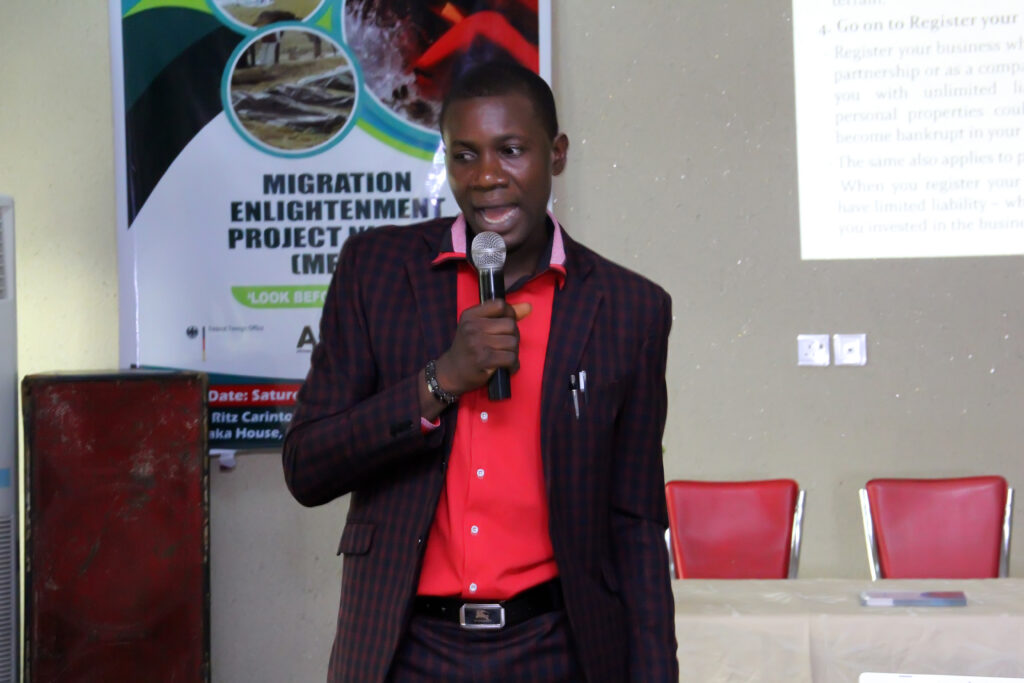
BUSINESS BREAKFAST MEETING

BUSINESS BREAKFAST MEETING (WHO WANTS TO BE AN ENTREPRENEUR)
A. Project Overview
The Business Breakfast Meeting (Who Wants to Be an Entrepreneur) is a youth-focused empowerment and mentorship initiative organized by the Prince Technology and Community Development Foundation in partnership with the African German Information Centre (AGIC) and the Nigerians in Diaspora Organization Europe (NIDO-Europe).
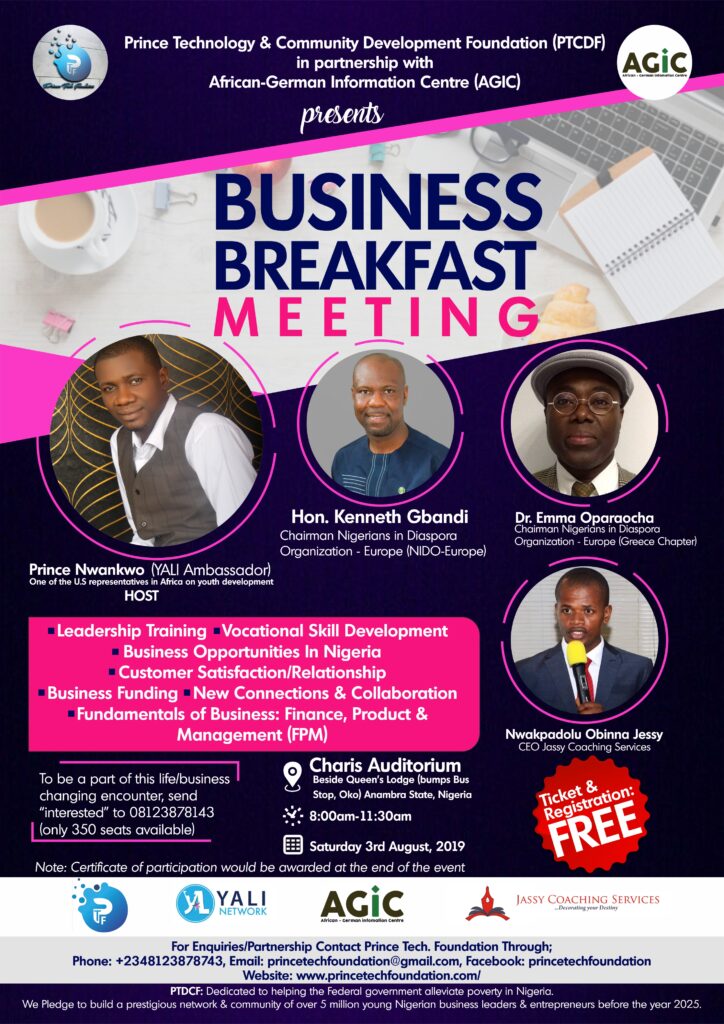
Launched in 2019 in Anambra and Enugu States, Nigeria, this initiative provides Nigerian youth with leadership training, vocational and entrepreneurial skills, diaspora mentorship, and most importantly, education on the dangers of illegal migration to Europe. With the growing desperation among youths to migrate irregularly due to economic hardship, the programme tackles this crisis head-on by sensitizing participants about the risks of human trafficking, exploitation, and death often associated with illegal migration routes, while offering realistic local alternatives to success and financial independence through entrepreneurship.
B. Strategic Objectives
- Empower youth with entrepreneurial skills and business knowledge to reduce dependency and inspire self-employment.
- Provide mentorship from diaspora professionals to encourage legal, structured migration and global collaboration.
- Educate Nigerian youths on the dangers of illegal migration, human trafficking, and the myth of “greener pastures” through irregular means.
- Bridge the gap between local potential and global opportunities, instilling a sense of purpose and value in staying to build Nigeria.
- Foster inclusive development by actively involving women, youth from rural communities, and persons with disabilities.
C. Milestones and Achievements
- 2019 Launch: First held in Anambra and Enugu States, directly impacting over 500 youth.
- Diaspora Collaboration: Certificates co-signed by Prince Nwankwo and Hon. Kenneth Gbandi, now former Chairman of NIDO-Europe.
- Cumulative Reach: Over 1,000 young Nigerians empowered across Southeast Nigeria.
- Illegal Migration Sensitization: Featured sessions with local and diaspora professionals discussing legal migration, local innovation, and global opportunities.
D. Primary Sustainable Development Goals (SDGs) Addressed by the Project
- SDG 1 – No Poverty
Reducing youth poverty through income-generating skills and job creation. - SDG 4 – Quality Education
Providing lifelong, practical, and values-driven learning experiences. - SDG 5 – Gender Equality
Empowering women and girls to access entrepreneurial opportunities equally. - SDG 8 – Decent Work and Economic Growth
Addressing unemployment and underemployment via business incubation. - SDG 10 – Reduced Inequalities
Reaching underserved youth including rural dwellers and returnees. - SDG 16 – Peace, Justice and Strong Institutions
Combating irregular migration, exploitation, and trafficking through education and prevention. - SDG 17 – Partnerships for the Goals
Promoting diaspora-government-NGO collaboration for youth development.
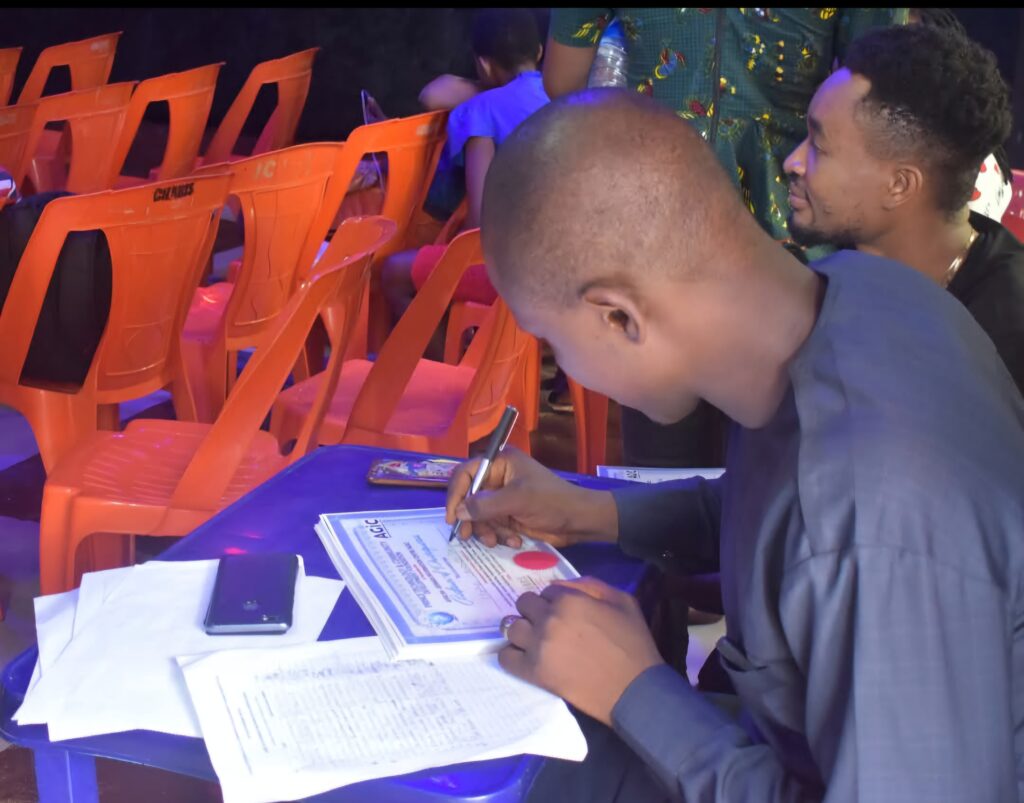
E. Impact Summary (2019–2025)
- Empowered over 1,000 Nigerian youth, turning many into entrepreneurs and job creators.
- Reduced interest in illegal migration among beneficiaries by offering sustainable alternatives and mentorship.
- Increased awareness about the dangers of irregular migration through real-life diaspora perspectives and returnee stories.
- Sparked community-based businesses in rural and semi-urban areas through low-capital, high-impact vocational training.
- Inspired youth to believe that success is possible at home, if given the right tools, mindset, and support.
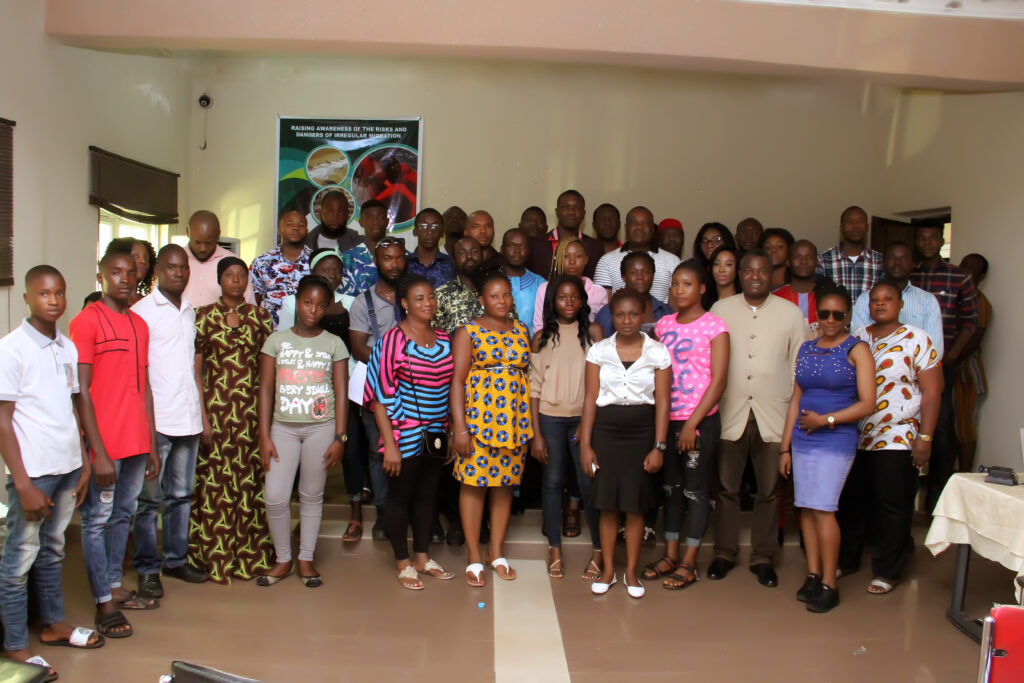
F. Future Plans (2025–2030)
To deepen the programme’s impact and address Nigeria’s rising youth emigration crisis, our foundation plans to:
- Partner with international NGOs, CSR units, diaspora organizations, and government agencies to expand operations nationally.
- Select and empower 20 promising young entrepreneurs and artisans annually through a structured application process.
- Provide ₦500,000 in business grants per beneficiary, supporting startups and expansion of existing businesses.
- Launch a “Stay and succeed” campaign to change narratives around illegal migration and promote local innovation.
- Establish a Diaspora Mentorship Corps, linking trained youth with successful Nigerians abroad for inspiration and exposure.
- Develop an online training portal and mobile app for access to entrepreneurship, vocational, and migration awareness content.
- Introduce a Youth Reintegration Program specifically for returnees, equipping them with hope, skills, and reintegration support.
- Organize an Annual National Migration and Entrepreneurship Conference to drive conversation and policy engagement around alternatives to irregular migration.

G. Conclusion
The Business Breakfast Meeting (Who Wants to Be an Entrepreneur) has evolved into a life-transforming platform addressing both economic empowerment and the youth migration crisis in Nigeria. By confronting the root causes of illegal migration; poverty, unemployment, and hopelessness, the initiative empowers youth to believe in themselves, build businesses, and become nation-builders. Through strengthened partnerships, increased funding, and targeted advocacy, the programme is positioned to become a national model for sustainable youth empowerment, entrepreneurship development, and migration deterrence. It is a bold statement that Nigeria’s youth do not have to risk their lives for greener pastures, they can build one right here.
